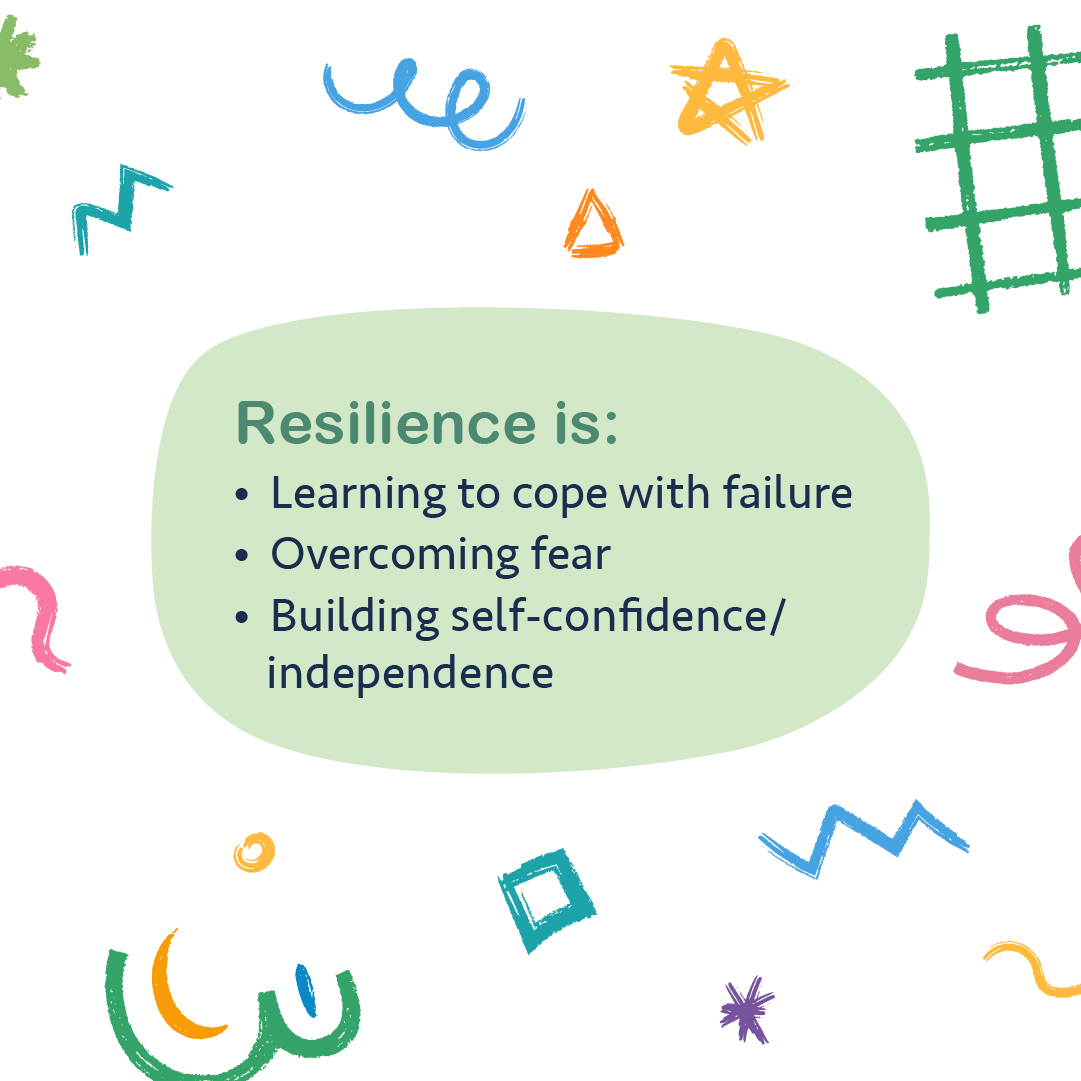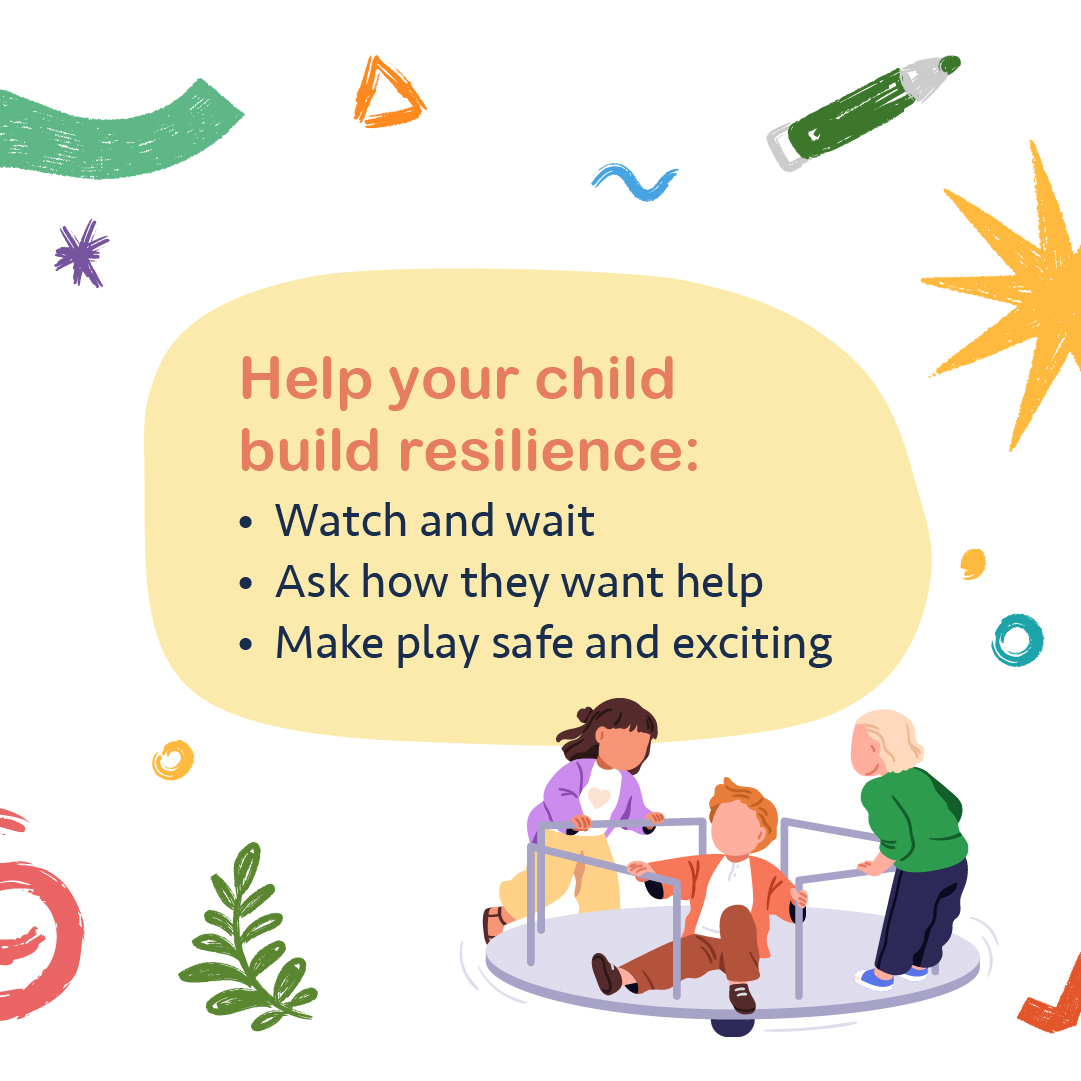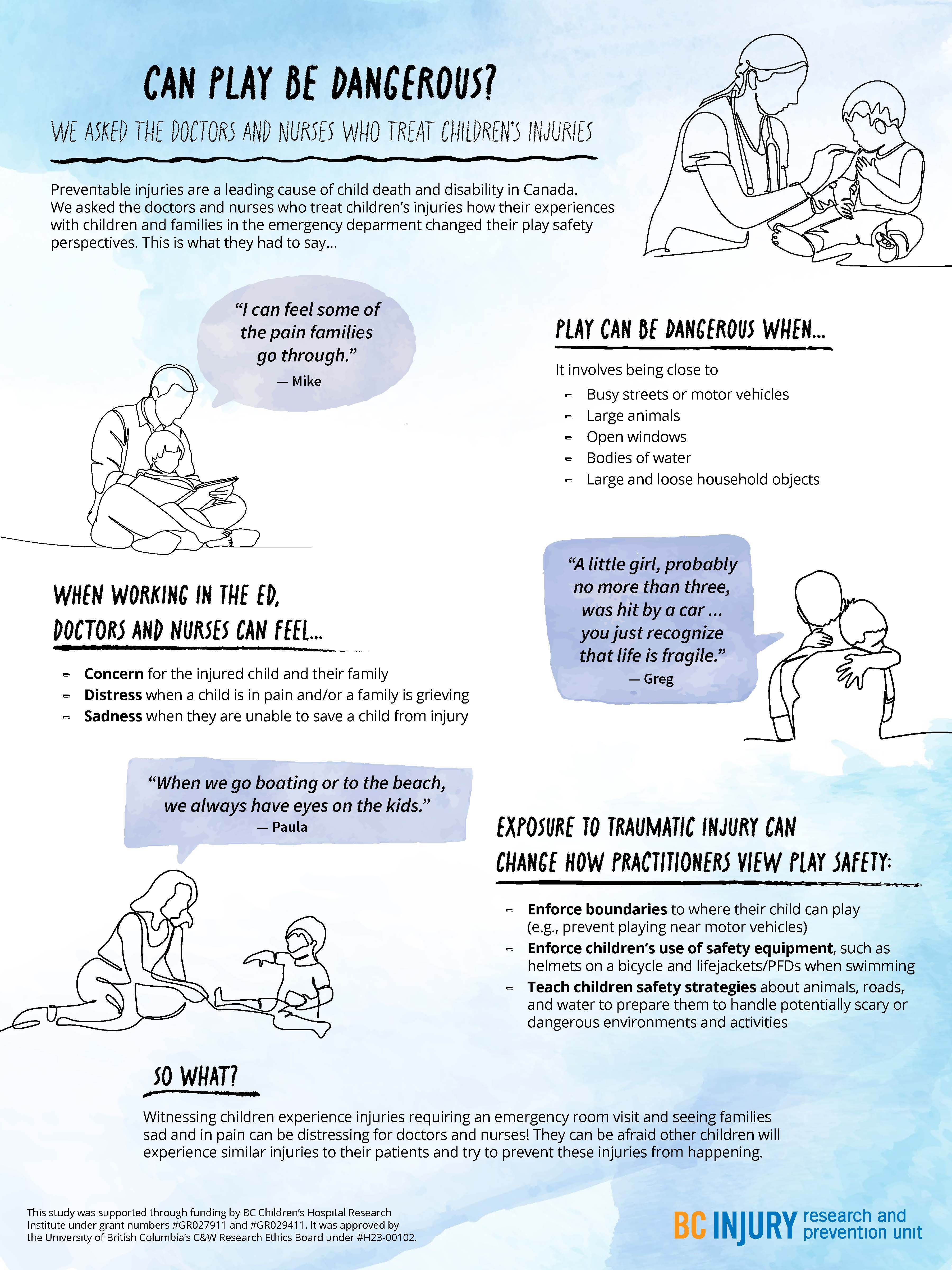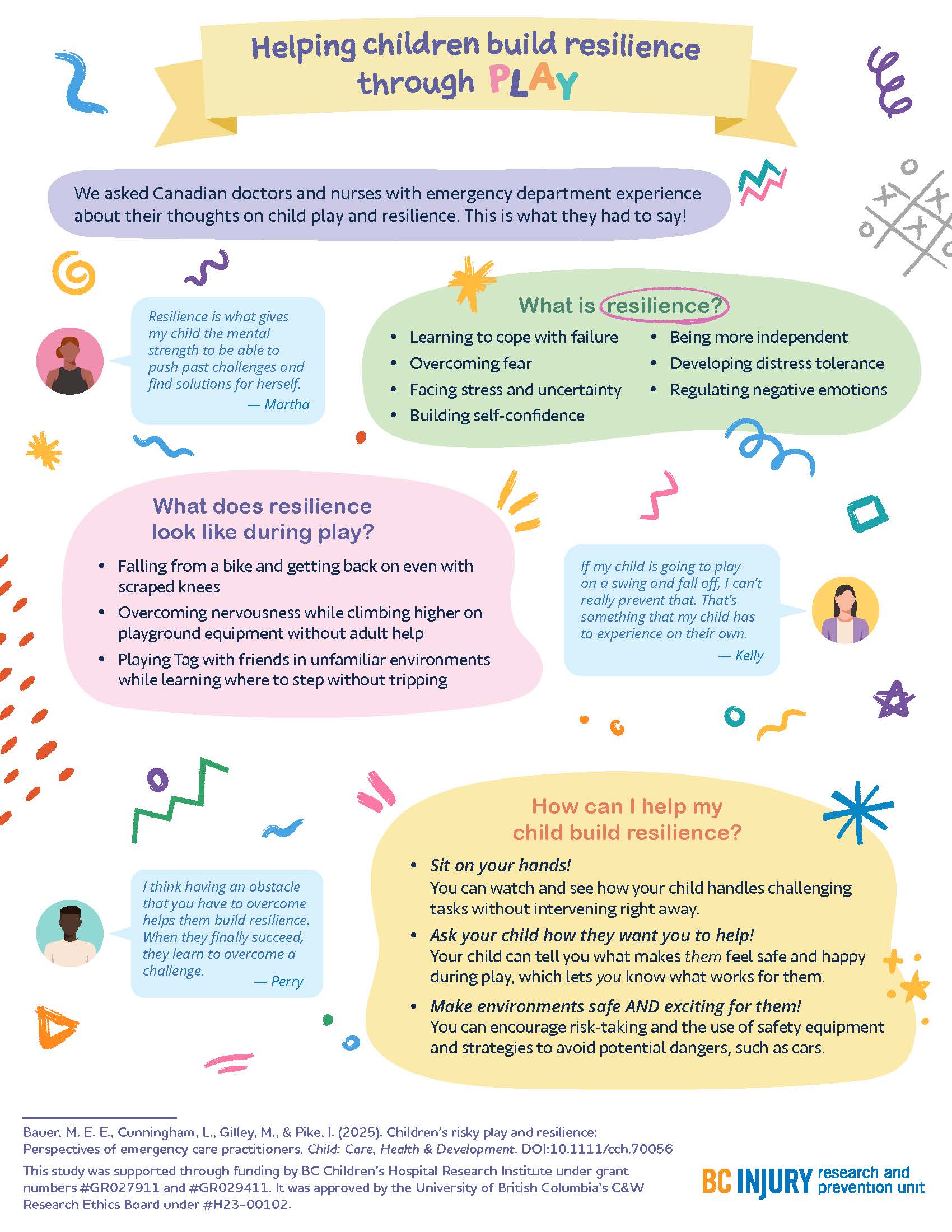Australian trauma and injury prevention researcher to visit Vancouver


BCIRPU and the Evidence to Innovation Research Theme at BC Children’s Hospital are pleased to welcome Dr. Ben Beck from Monash University (Melbourne, Australia) to Canada as a visiting scholar this spring.
Dr. Ben Beck is the Deputy Head of Prehospital, Emergency, and Trauma Research within the School of Public Health and Preventive Medicine at Monash University and President of the Australasian Injury Prevention Network (AIPN). He leads a broad body of trauma and injury prevention research at Monash University, with a focus on identifying emerging injury trends, monitoring and improving trauma systems, reducing preventable deaths, and developing injury prevention strategies.
“I am excited to learn more about the Canadian approach to road safety and injury prevention, and cultivate relationships with leading researchers and decision makers,” said Dr. Beck. “I’m really looking forward to my time in Vancouver and strengthening our collaborations – there’s so much I can learn from you all and bring back to Australia to further our efforts in injury prevention and trauma care.”
“I also hope to spend some time taking in Vancouver’s beautiful mountain scenery and experiencing snow for the second time in my life, and seeing whether Vancouver’s coffee can rival Melbourne’s!”
Dr. Beck will stay in Vancouver during his time in Canada. He will be collaborating with researchers and decision makers at the BCIRPU, BC Centre for Disease Control, Trauma Services BC, the Department of Civil Engineering in UBC’s Faculty of Applied Sciences, and the Cities, Health and Active Transportation Research Group at Simon Fraser University.
“We are very fortunate that Ben has decided to make Vancouver his home—at least for a little while,” said Megan Oakey, Provincial Manager, Injury and Falls Prevention for the BC Centre for Disease Control. “This visit will further our research relationship and facilitate knowledge exchange between Australia and Canada with respect to trauma and injury prevention.”
“I have had the chance to work with Ben on a number of projects, and am always struck and very pleased by his willingness to think outside the box and tenacity to find solutions to difficult problems. Welcome!” said Dr. Ian Pike, Director of the BCIRPU.
Dr. Beck will be delivering at least two public presentations while he is in Vancouver. Follow him on Twitter at @DrBenBeck.
- distress when a child was in pain and when a family was grieving; and
- sadness in the event they were not able to save a child in their care.
- concern for the injured child and the child’s family;
Particularly traumatic events, such as those involving vivid sights and sounds (e.g., families holding each other and having extreme reactions), stuck with the practitioners, having long-lasting impressions on them and causing them to re-live these events in the years following their exposure.
Even after their shift was over, practitioners said that they changed how they approached parenting and how they perceived safety during play as a result of witnessing these traumatic events. They reported having more knowledge of the causes and consequences of severe injuries, such as those that require hospitalization or emergency care. For example, practitioners were more likely to enforce boundaries around where their children could play, such as by forbidding their child to play near busy streets. They also were more likely to tell their child about safe play environments and equipment, and put this equipment on their child before play, such as explaining the benefits of using helmets while riding bikes.
Practitioners were more likely to enforce boundaries around where their children could play, and use safety equipment, such as bike helmets.
Practitioners also described being concerned about their children’s play near open windows, around large bodies of water unsupervised, and in environments where firearms were present. They also expressed worry about their children’s play on trampolines and on motorized vehicles, such as ATVs. Findings related to trampoline play safety concerns were published in the journal Injury Prevention.
Observing family grief due to child injury or death affected the mental well-being of health care practitioners, drawing attention to the need for mental health supports for those involved in caring for severely injured and dying patients.


"Raise more resilient children through play...watch and see how your child handles challenging tasks without intervening right away." —Dr. Michelle Bauer
Building resilience through play
How can parents help their children build resilience? By letting them play!
The experiences that practitioners witnessed encouraged them to support their children in building resilience through play; specifically, by supporting children in learning to cope with failure, overcome fear, build self-confidence, develop distress tolerance, and regulate negative emotions. Findings related to building resilience through play were published in the journal Child: Care, Health, and Development.

Parents fostered resilience in their kids by:
- helping their kids get back on bikes after they fell off and wanted to try again;
- sitting on their hands so they did not instinctively reach for their children when their children fell down; and
- encouraging participation in challenging and thrilling activities in forests and water while safety equipment was used.
"There are a few ways that parents can raise more resilient children through play that are supported by literature and our study findings," said Dr. Bauer. "One: watch and see how your child handles challenging tasks without intervening right away."
"Two: Ask your child how they want you to help—let them tell you what makes them feel safe and happy during play. Let them lead. And three: make play both safe and exciting by encouraging risk-taking, teaching them how to avoid hazards, and using safety equipment.”
This research was supported through Drs. Bauer’s and Gilley’s receipt of a clinical and translational research seed grant from the BC Children’s Hospital Research Institute (BCCHR), Dr. Bauer’s BCCHR postdoctoral fellowship award, and additional training provided to Dr. Bauer through her participation in the Programs and Institutions Looking to Launch Academic Researchers (PILLAR) program through ENRICH, a national organization training perinatal and child health researchers.
Learn more about the study through two infographic posters:
Graphics and posters by Milica Radosavljevic











